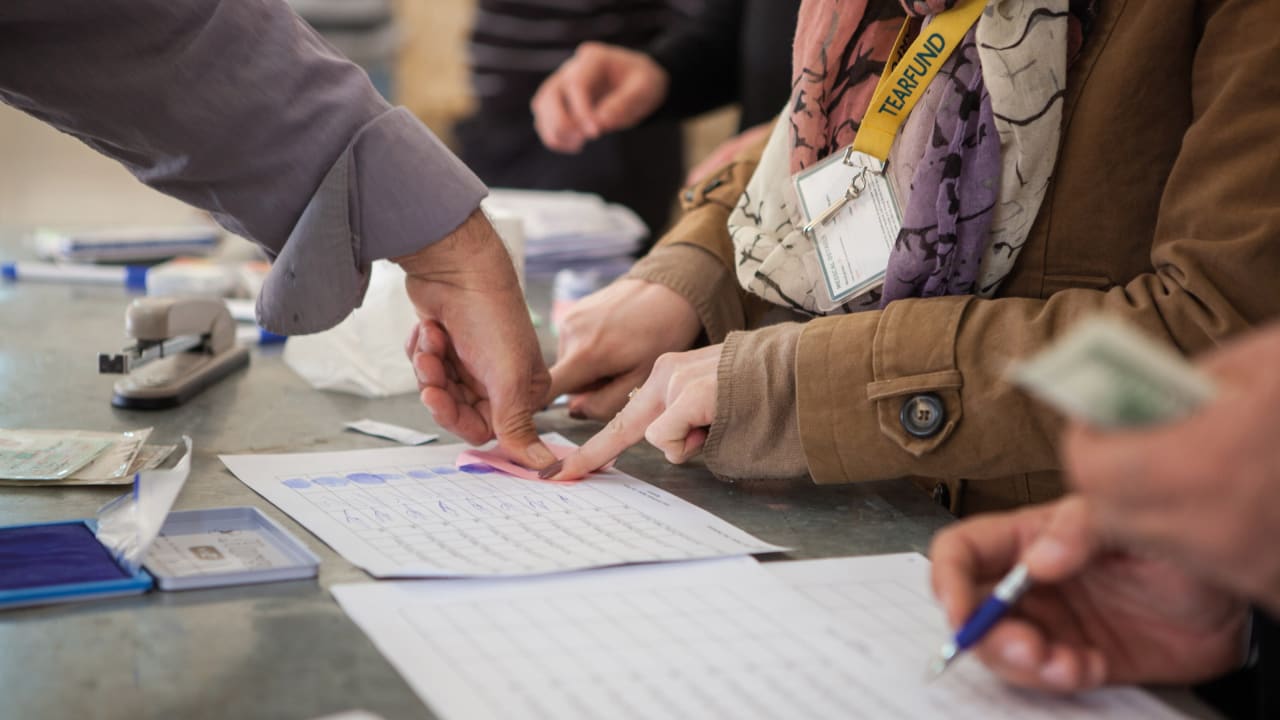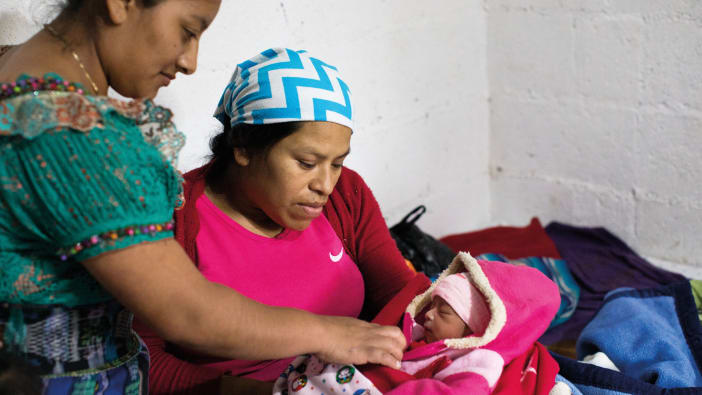People working with members of their own communities who have survived traumatic events are exposed to many different physical and emotional challenges.
For example:
- They are likely to be working in difficult and dangerous situations while also trying to look after the needs of family members.
- They have often lived/are living through the crisis situation themselves and may be suffering from trauma.
- They may be grieving the loss of loved ones.
- As they support other survivors and listen to their stories, they may become increasingly upset and stressed (known as ‘vicarious trauma’).
In Iraq, many of Tearfund’s national staff were survivors of the 2014 ISIS attacks and subsequent displacements. Each day they negotiated their way through military checkpoints, managed community expectations and delivered essential support services.
In recognition of the pressures they were under, Tearfund, together with a local partner, launched an initiative in 2019 to support their resilience and well-being.
The initiative had three components:
- Training on topics including stress, self-care, managing interpersonal stress and understanding trauma.
- Regular group consultations with a local therapist to help them talk through challenges including work-related stress, loss and grief.
- Individual consultations for staff members who needed private psychological support.
Participants reported their greatest learning to be around self-care and coping strategies. One staff member said, ‘I feel more ready to face stress. I used to avoid stress but now I know I am better at managing it at a personal level.’
Others noticed changes in behaviour in the team including improved mutual understanding, compassion and patience. ‘This kind of training is very helpful,’ said one participant. ‘It gives us space to talk to each other and understand how our colleagues are feeling.’










